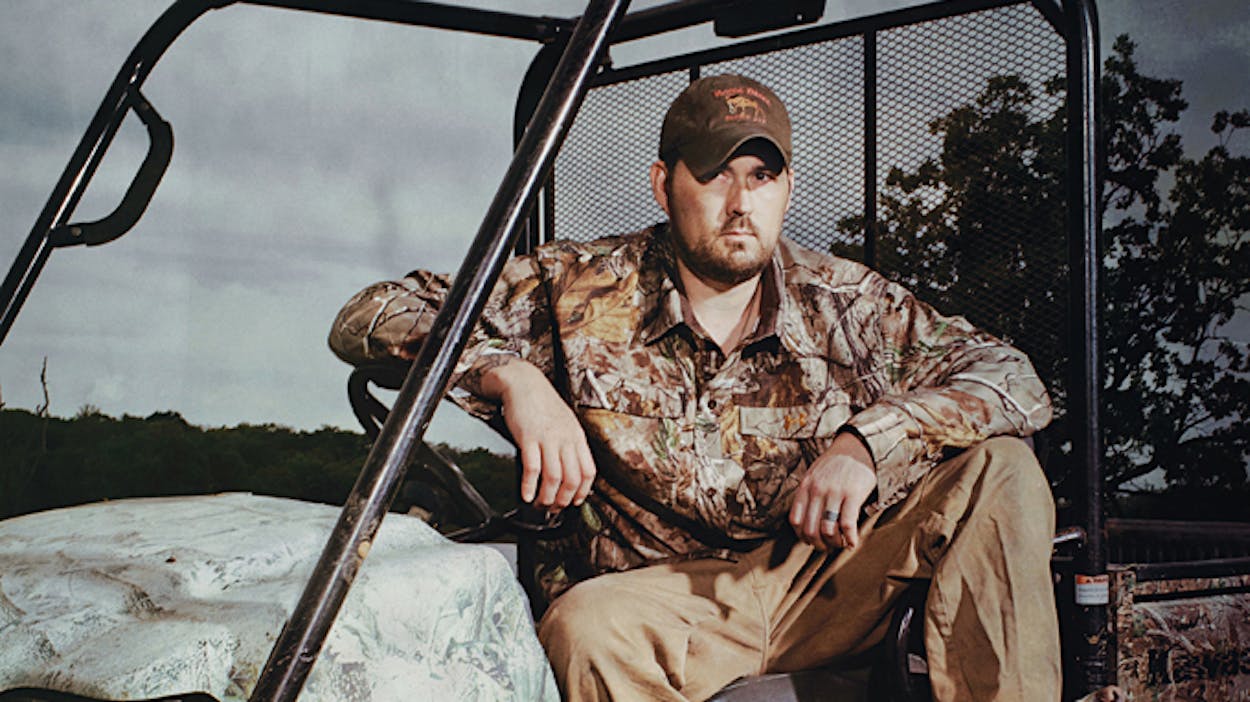
Marcus Luttrell, the Navy SEAL whose 2007 memoir Lone Survivor inspired the movie, says he wrote the book to honor three Navy SEAL teammates who died fighting the Taliban in the mountains of northeastern Afghanistan, along with sixteen other soldiers who were killed during a rescue attempt.
“No matter how many times I got up and told the story, or how many people read the book, it’s nothing compared to how many people will watch the film,” Luttrell said in an HBO special about the making of the movie.
In the month since the movie’s release, Lone Survivor has earned more than $100 million, making it the highest-grossing film about the wars in Iraq and Afghanistan.
It has already made more money than almost any military film released in the last decade. Box-office demand was so great during the opening weekend that one theater north of Houston canceled eight other movies in order to offer more screenings of Lone Survivor.
As a result of the movie’s popularity, the Lone Survivor Foundation, the nonprofit Luttrell started in 2010 to help veterans and their families transition to civilian life, has experienced heightened interest and an increase in applications from veterans seeking to participate in the foundation’s retreats.
“His story attracts people and people want to help,” the foundation’s executive director, Terry Jung, said.
After Luttrell retired from the Navy in 2007, he found solace at his family’s horse ranch north of Houston, relying on a network of friends and family, and an intense regimen of counseling and therapy.
Luttrell founded the Lone Survivor Foundation to provide other veterans, particularly combat veterans struggling with post-traumatic stress and other problems associated with life after the military, with the same course of treatment that helped him.
The retreats emphasize family counseling, therapy geared to children of veterans, and teaching pain management without a reliance on heavy doses of drugs. The foundation has also developed programs for soldiers who were sexually abused while serving.
“It’s a really strenuous program, and you basically go to work when you get there,” said Robert Leonard, a thirty-year-old Iraq veteran who attended a Lone Survivor retreat in the fall of 2010.
Leonard had participated in other veterans groups, but none like Luttrell’s. “I’d go on hunts, do things like that with other soldiers,” he said. “It was great, but there wasn’t really any healing, the problem wasn’t being fixed. You go into this bubble with other veterans, and when you get home, you’re back with your family who still has no idea what happened or what’s going on.”
Five years earlier, Leonard drove a Bradley fighting vehicle over a bomb, outside of Baghdad. The explosion blew off the lower half of his right leg and rolled his vehicle down an embankment into a sewage canal. Leonard spent the months that followed at Brooke Army Medical Center in San Antonio enduring multiple surgeries, quarantines, and hours of physical therapy. He refused any counseling.
“The psychiatrist would come in, and I would pretend I was sleeping,” Leonard said. “They put me on drugs instead, a lot of drugs.”
In 2010, he reconsidered his refusal of therapy. His memory was fading, his home life was crumbling, and his outbursts at his young daughter were becoming more frequent.
“I was becoming a bad father, and I didn’t want that to happen,” Leonard said.
A friend suggested that he look into the Lone Survivor Foundation.
“I had read the book, and it was kind of intriguing to know it was Luttrell’s deal,” Leonard said. “I thought the counseling would be handled more delicately since it was his foundation, rather than just going out hunting with some good ol’ boys.”
The five-day retreat that Leonard attended with his family, like most of the early Lone Survivor retreats, was held at a ranch north of College Station, Texas, that belongs to the family of Luttrell’s wife and involved five hours of therapy a day.
The foundation, which relies on donations, has grown since then, but not significantly. Last year, it hosted about a dozen retreats and operated with a $2.5 million budget. Luttrell is not paid by the foundation.
Jung is working on a property exclusively for the foundation. In November, he began planning a 5,000-square-foot, $850,000 facility in Crystal Beach, Texas, on Bolivar Peninsula east of Galveston. In recent months, Jung has increased the number of retreat counselors to eight from three and he is planning eighteen retreats this year, six more than last year.
The Crystal Beach facility is the foundation’s most ambitious financial undertaking so far, Jung said, and he hopes it will be finished by the end of the year.
Jung recently accomplished one of the more difficult tasks, setting a date for the groundbreaking ceremony (April 26) that worked with Luttrell’s schedule.
“He’s rather in demand right now,” Jung said.






